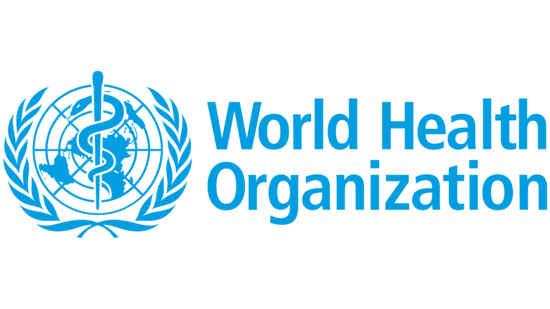Global antibiotic resistance surveillance report 2025
The WHO Global Antibiotic Resistance Surveillance Report 2025 (GLASS) presents the most comprehensive global analysis of antibiotic resistance to date, drawing on data from over 23 million infections reported by 104 countries.
Key points:
- Global participation has quadrupled since 2016, with 127 countries enrolled and 104 submitting data in 2023. However, regional gaps persist—particularly in Africa, the Americas, and parts of Asia—where surveillance infrastructure remains limited.
- Resistance levels are alarmingly high and unevenly distributed. Roughly 1 in 6 bacterial infections worldwide involves antibiotic-resistant pathogens, rising to 1 in 3 for urinary-tract infections. Resistance to key drugs such as fluoroquinolones and third-generation cephalosporins exceeds 40–70 % for E. coli and Klebsiella pneumoniae in many regions, while methicillin-resistant S. aureus (MRSA) remains widespread (≈27 %).
- Gram-negative bacteria show rapidly increasing resistance, especially to carbapenems and fluoroquinolones—vital “Watch” antibiotics under WHO’s AWaRe classification. These trends threaten last-line treatments and are driving greater use of intravenous and reserve drugs.
- Countries with weaker surveillance report higher AMR levels, revealing both data bias and genuine vulnerability linked to poor diagnostics, empirical prescribing, and limited infection control.
- AMR disproportionately burdens low- and middle-income countries, where fragile health systems, inadequate laboratories, and restricted access to effective antibiotics form a syndemic of resistance and under-treatment.
Policy priorities:
WHO urges all nations to (1) report complete, high-quality data to GLASS by 2030; (2) increase the share of “Access” antibiotics to ≥ 70 % of total human use; (3) expand diagnostic and laboratory capacity so ≥ 80 % of countries can test all GLASS pathogens by 2030; and (4) strengthen stewardship, infection prevention, and equitable access within universal-health-coverage frameworks.
Overall, the report concludes that antibiotic resistance is now a global equity and health-systems crisis—rising fastest where surveillance, prevention, and access are weakest—and calls for urgent, coordinated international action to protect antimicrobial effectiveness for future generations
AMR NEWS
Your Biweekly Source for Global AMR Insights!
Stay informed with the essential newsletter that brings together all the latest One Health news on antimicrobial resistance. Delivered straight to your inbox every two weeks, AMR NEWS provides a curated selection of international insights, key publications, and the latest updates in the fight against AMR.
Don’t miss out on staying ahead in the global AMR movement—subscribe now!






